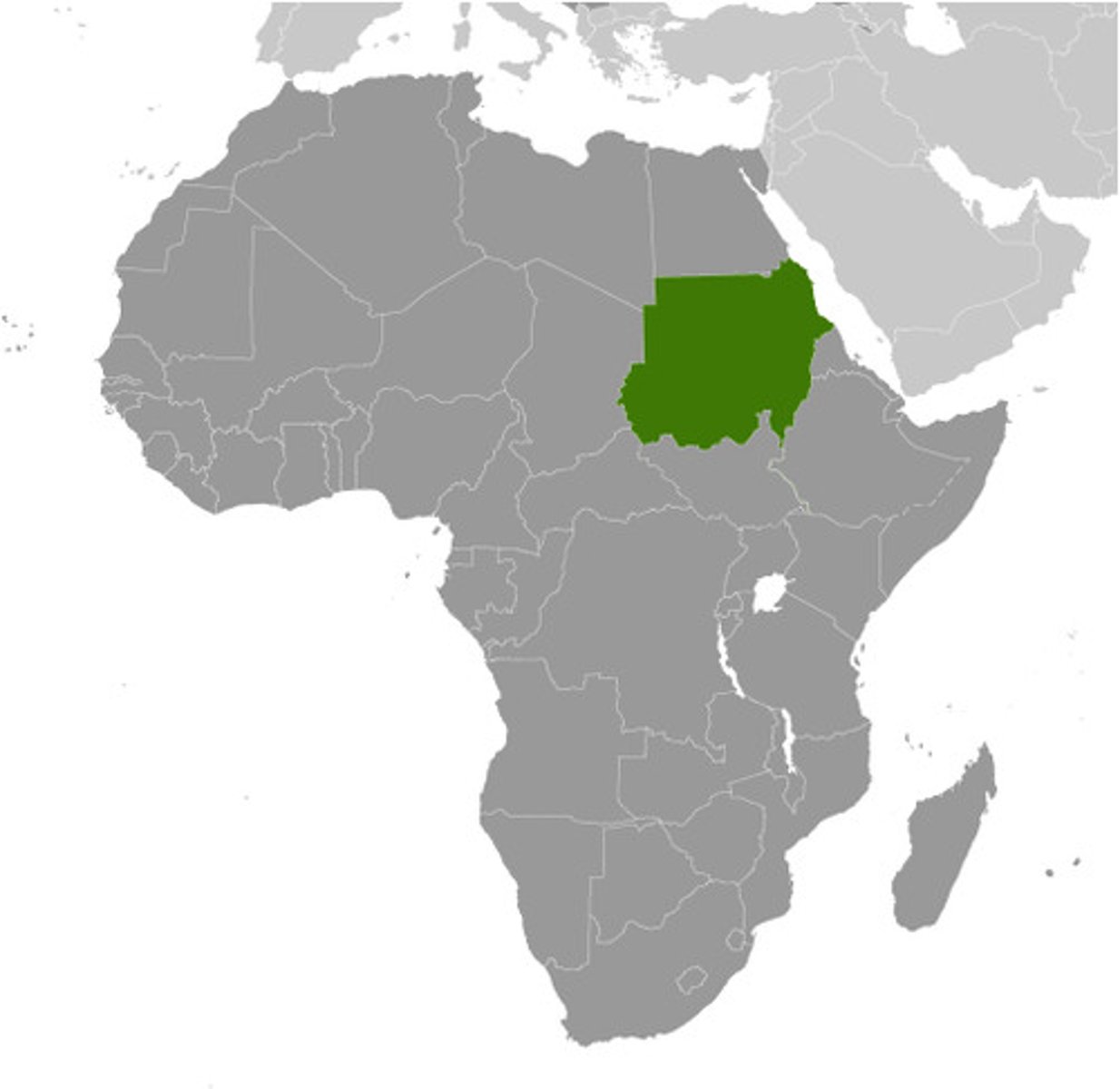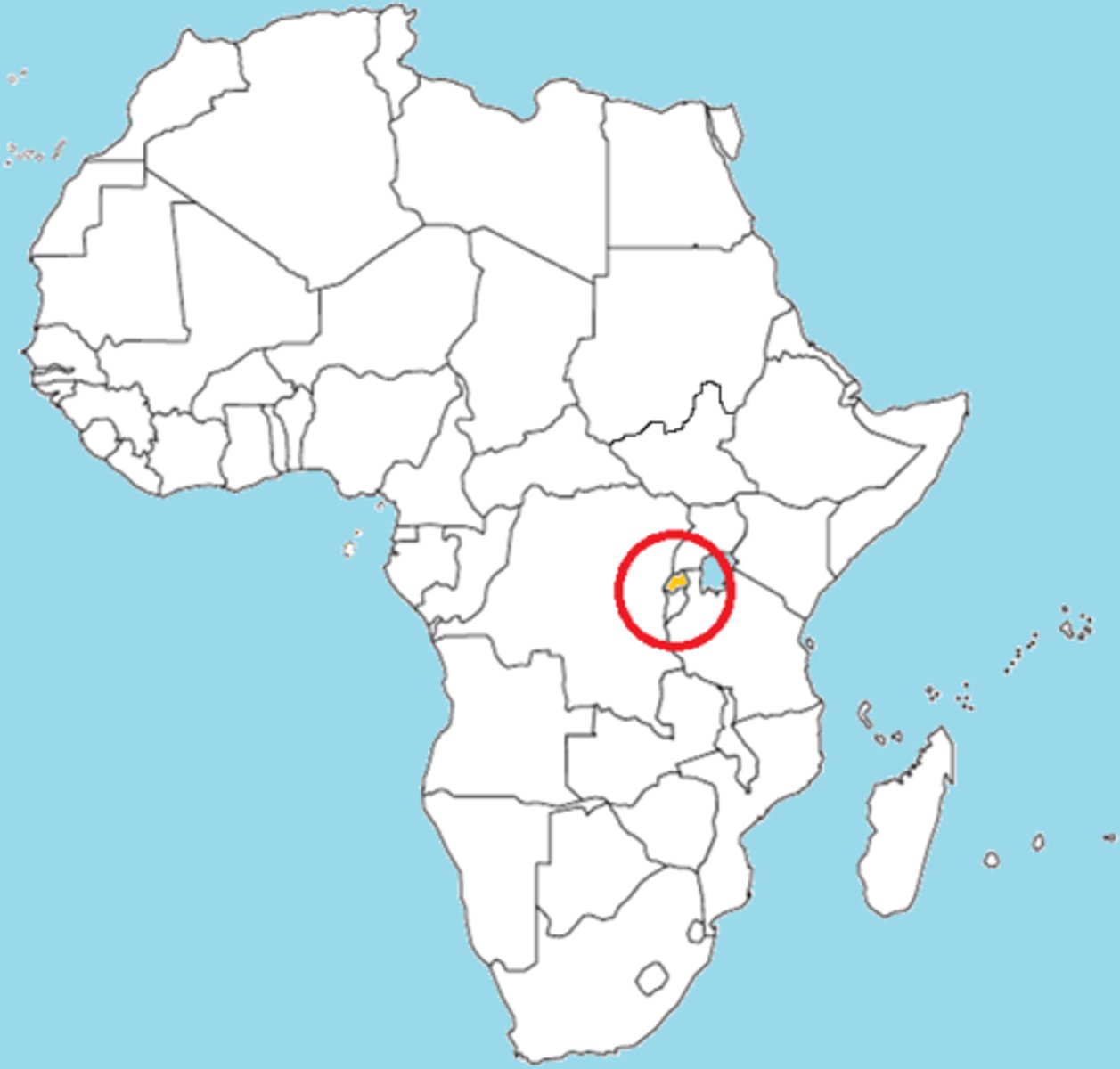Modern Independence Movements
1/28
There's no tags or description
Looks like no tags are added yet.
Name | Mastery | Learn | Test | Matching | Spaced | Call with Kai |
|---|
No analytics yet
Send a link to your students to track their progress
29 Terms
East India Company
a British trading company that set up large, profitable colonies to exploit trade in India.
Indian exports
Textiles (cloth) and spices
Indian National Congress (1885)
The main organization dedicated to Indian independence.
Mohandas Gandhi (1869-1948)
Leader of the Indian National Congress. He developed a large following among India's peasants and resisted the British by using non-violent, peaceful methods.
Satyagraha
Civil disobedience. A form of political participation that reflects a conscious decision to break a law believed to be immoral and to suffer the consequences. Some examples include peaceful marches, fasting, boycotting goods, and refusing to work for the British.
Salt March (1930)
The Indians were forced to incur a heavy salt tax charged by British sellers, especially since salt was a staple in their diet. To protest this law, Gandhi led a Salt March for 24-days where he and his followers marched 240 miles in protest of the British salt monopoly. It pushed the freedom struggle into the limelight in western media.
Cottage Industries
A form of economic resistance. Gandhi encouraged Indians to boycott British cotton goods and to buy homemade goods instead. Wanted to rebuild India's cottage industries (textiles made at home).
WWII during the Independence Movement
Gandhi refused to support Britain, but many Indian soldiers fought on the side of Britain. After the war, British leaders recognized that they were too weak to resist Indian demands for freedom.
India gains independence from Britain
British leaders were too weak to maintain power over India. They granted independence in 1947.
The Partition of India (1947)
The British were weary of granting independence because of violence between Hindus and Muslims- both wanted their own state. India was partitioned (divided) into 2 separate nations. India was a Hindu nation, and Pakistan was Muslim.
Gandhi is killed (1948)
Gandhi tried to convince Muslims, Hindus and Britain not to divide India into 2 separate nations. When violence broke out, Gandhi tried to restore peace. He was murdered by a fanatical Hindu.
Pan-Africanism
an ideology and movement in the mid 1900s that encourages the solidarity of Africans worldwide. It is based on the belief that unity is vital to economic, social, and political progress, and aims to "unify and uplift" people of African descent.
Kwame Nkrumah
founder of Ghana's independence movement and Ghana's first president in 1957. Used non violence and civil disobedience to liberate Ghana from Britain. Supported the idea of Pan-Africanism and hoped to establish a "United States of Africa".
Jomo Kenyatta
Argued that British rule in Kenya was destroying native culture. Initially supported non-violence, but after being imprisoned by the British, he supported violence in order to gain independence. Kenyatta became President of Kenya when they gained independence in 1963.
Genocide
Deliberate extermination of a racial or cultural group
Dafur, Sudan
Dafur is a region in Western Sudan. Sudan is located in eastern Africa. Sudan gained independence from Britain in 1956.

Janjaweed
A government-supported Arab tribesmen (militia). They raided non-Arab villages in Dafur, killing and terrorizing people and burning villages. The goal was to eliminate non-Arab farmers and create a Pan-Arab state.
UNAMID (2008)
The United Nations-African Union mission to maintain peace in Dafur. 26,000 troops from UN countries were sent to help protect civilians in Dafur. They were not very successful and lacked equipment.
Omar Bashir
The Sudanese President who authorized the training and arming of Arab militia to kill and terrorize the region of Dafur.
Rwanda
One of the smallest countries in Central Africa, comprised of two main ethnic groups, the Hutu and the Tutsi. Gained independence from Belgium in 1962.

Hutus
makes up a majority of the population (90%). Was dominated by the Tutsi, but seized power and reversed roles when Rwanda gained independence.
Tutsi
the minority population in Rwanda, making up only 10% of the population. They were considered the aristocracy (wealthy upper class) and dominated Hutu peasants for decades. They were subjected to violence and discrimination once the Hutu seized power.
Rwandan Patriotic Front
Facing violence and discrimination, the Tutsis fled to neighboring countries and formed a rebel guerrilla army.
guerrilla warfare
A hit-and-run technique used in fighting a war; fighting by small bands of warriors using tactics such as sudden ambushes.
Juvenal Habyalimana
The Hutu President in Rwanda who was forced to sign an accord in 1990 that mandated that the Hutus and Tutsis would share power.
Melchior Ndadaye
The first popularly elected Hutu president of Burundi, a neighboring country. He was assassinated in 1993.
Cyprien Ntaryamira
Burundi's new president. He was killed by Hutu extremists alongside Rwandan President Habyalimana in 1994 as the two were having peace meetings with Tutsi rebels.
UNAMIR (1993)
United Nations-African Union mission in Rwanda. Too small and lacked rules of engagement. They eventually expanded forces and mandated to protect refugees, but it was too late. The Hutu were too strong and dangerous, so UN countries pulled out their troops, leaving the Tutsis behind.
Human Rights Violations
Violations against people's civil rights and liberties by governments. Injustice, inequality, exclusion, or discrimination.